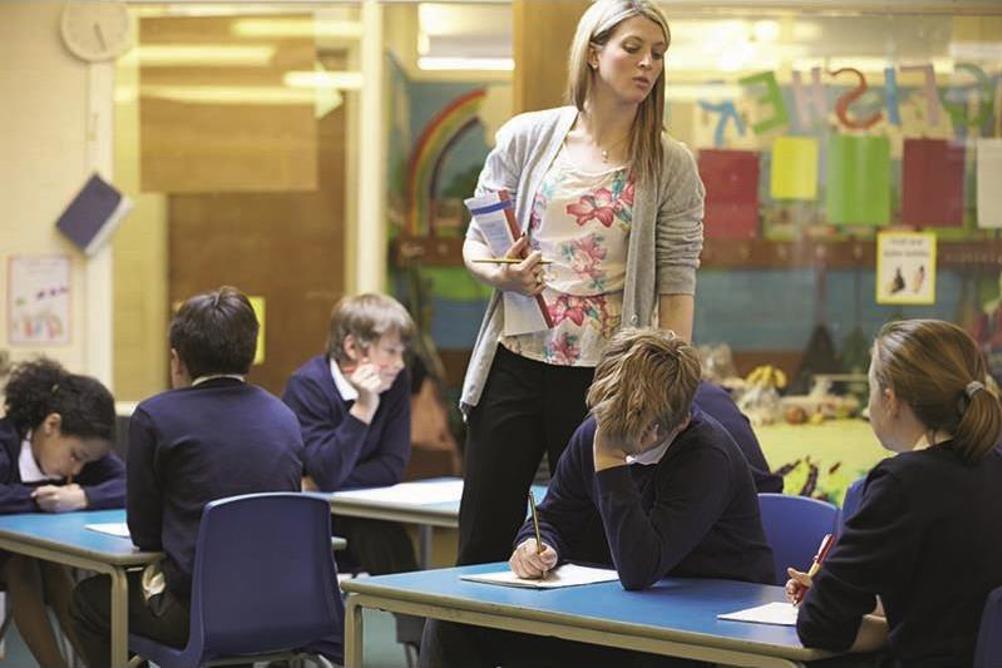
The 2025 SATs begin on Monday, May 12. Year 6 pupils will be assessed on a wide range of knowledge and skills including spelling, punctuation, grammar, reading, arithmetic and reasoning.
With about two weeks to go as I write it is vital that both teachers (and parents) are focused on effective strategies to support pupils’ final preparation to give them the best chance at succeeding on the day.
Making retrieval fun
Retrieval practice focuses on getting information out of long-term memory. Through the act of retrieval, which involves recalling information via a written or verbal response, memory is strengthened. Retrieval practice is regarded as one of the most effective study strategies to support learning for pupils of all ages and can be used across a range of subjects and topics (Dunlosky et al, 2013; Hattie & Donoghue, 2021).
Register now, read forever
Thank you for visiting Headteacher Update and reading some of our content for professionals in primary education. Register now for free to get unlimited access to all content.
What's included:
-
Unlimited access to news, best practice articles and podcasts
-
New content and e-bulletins delivered straight to your inbox every Monday
Already have an account? Sign in here
